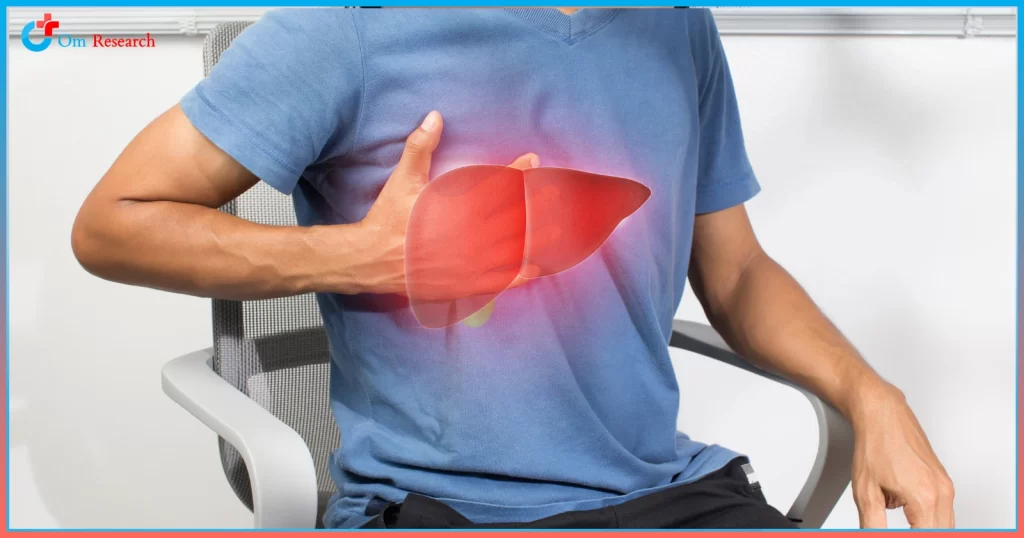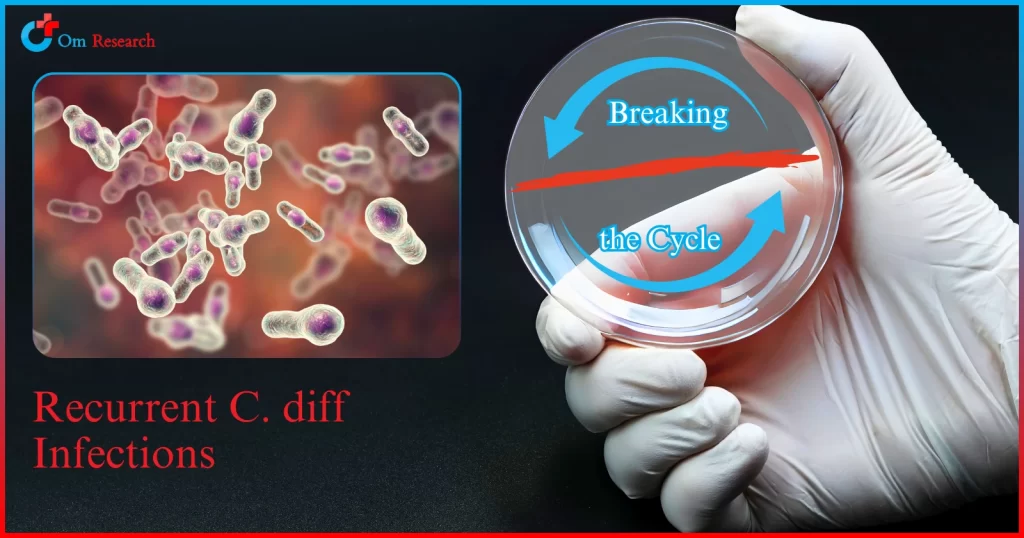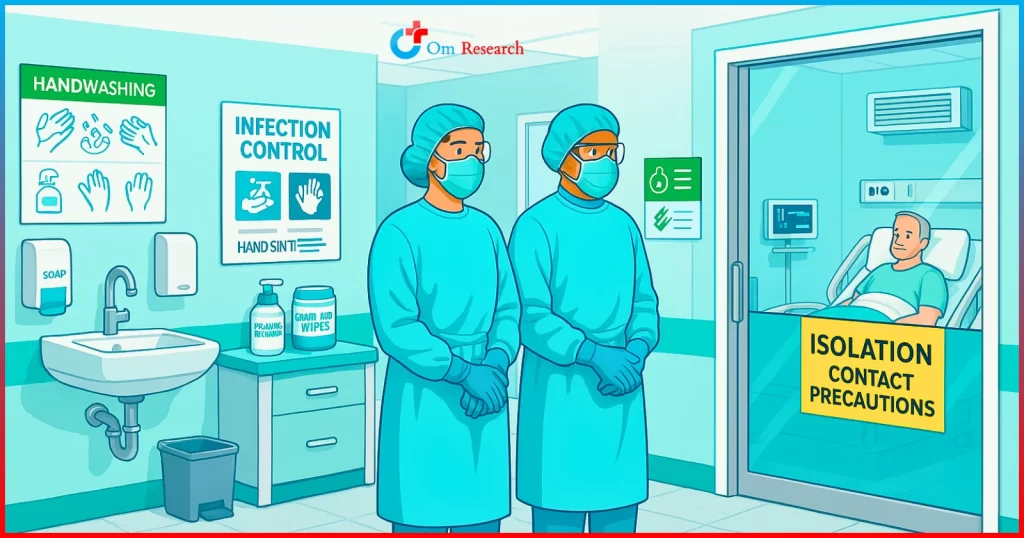The liver is an important organ of the body. It has many important functions such as detoxification, protein synthesis and bile production. Cirrhosis can interfere with these functions and cause complications.
Cirrhosis is a chronic liver disease that affects millions of people worldwide. Understanding Cirrhosis disease is important to public health. Because it can have a significant impact on individuals and communities.
What is Cirrhosis?
Cirrhosis is a progressive liver disease characterized by scarring and damage to liver tissue. Cirrhosis is a major global health problem, and its prevalence is increasing worldwide.
Cirrhosis can be caused by several factors, including chronic alcohol abuse, Metabolic Dysfunction-Associated Steatohepatitis (MASH)
or fatty liver disease, and other factors that have a contributing role, such as autoimmune diseases and genetic abnormalities.
The impact of cirrhosis on liver function is substantial, affecting the liver’s ability to perform vital functions such as detoxification, metabolism, and nutrient storage.
Understanding the Liver
The liver is a vital organ responsible for many critical functions affecting our well-being. It is essential in metabolism, detoxification, and immune system regulation.
When cirrhosis occurs, the structure and function of the liver are destroyed. This results in many complications. Understanding the importance of liver health is essential to understanding the consequences of cirrhosis.
Viral hepatitis, including hepatitis B and C, is another important cause. Metabolic dysfunction-associated fatty liver disease (MAFLD) is commonly associated with obesity and metabolic disorders and can lead to cirrhosis as well. Other contributing factors include autoimmune diseases, genetic disorders and certain medications.
What are the Symptoms and Diagnosis of Cirrhosis?
Recognizing the symptoms of cirrhosis is essential for early recognition and intervention. Common symptoms include fatigue, jaundice, abdominal swelling, easy bruising, and weight loss.
However, these symptoms vary and may occur gradually and get better over time. Diagnosis is a combination of physical examination, medical history review, blood tests, imaging studies, and liver biopsy to confirm the presence of cirrhosis.
What are the Stages of Cirrhosis?
Cirrhosis is divided into different stages, including compensated and decompensated cirrhosis.
In the compensation period, the liver can still function adequately despite scarring.
On the other hand, liver function is significantly impaired in compensated cirrhosis, which leads to various complications and a worse prognosis. Staging is vital in determining treatment options and predicting long-term outcomes for patients.
What are the Complications of Cirrhosis?
Cirrhosis can cause many complications that affect the patient’s health and quality of life. Portal hypertension, which is characterized by increased pressure within the blood vessels of the liver, can result in serious complications such as bleeding into blood vessels and ascites.
Cirrhosis is also a risk factor for liver cancer, also known as hepatocellular carcinoma. These complications require careful management and ongoing medical support.
What are Treatment Options for Cirrhosis?
Treatment for cirrhosis focuses on managing symptoms. It prevents further liver damage and complications.
Lifestyle changes such as eating healthy food and regular exercise are essential. Medication may be prescribed to manage specific complications and reduce liver damage.
In advanced cases, A liver transplant may be the only available option. For patients with advanced cirrhosis, palliative care can provide comfort and support.
What are the Prevention Strategies for Cirrhosis?
It is very important in preventing the progression of cirrhosis to identify at-risk populations, such as individuals with a history of alcohol abuse or hepatitis. It allows for targeted preventive measures to be taken.
Public health initiatives aimed at reducing the incidence of cirrhosis include educational campaigns, such as hepatitis vaccination programs, and promoting healthy lifestyle choices.
Living with Cirrhosis
Coping with cirrhosis can be challenging for patients and their families. They can provide valuable assistance in coping strategies, such as seeking emotional support. Join a support group and participate in consulting services.
Regular medical follow-up is essential to monitor disease progression, symptom management and prevent complications that occur.
Enroll in Alcoholic liver disease (ALD) Clinical Trials
If you or someone you know is affected by alcoholic liver disease (ALD), please consider participating in a clinical trial. Clinical trials are essential for advancing medical knowledge and developing new treatments. By participating in a clinical trial, you can contribute to the scientific understanding of ALD and may benefit from new therapies.
Clinical trials for ALD patients are underway in Apple Valley, Lancaster and Victorville. The trials aim to explore new ways to treat ALD and symptoms of the disease, such as fatty liver, hepatitis, and cirrhosis.
Participating in a clinical trial is a significant commitment. But it has many benefits. First of all, you will receive expert treatment from a team of experts dedicated to your well-being.
You will have access to cutting-edge treatments and interventions that are not widely available. Additionally, you will play a key role in advancing medical knowledge to improve the lives of countless people affected by ALD in the future.
Conclusion
Cirrhosis is a complex condition with far-reaching effects on individuals and communities. We understand the causes, symptoms, stages, complications, and treatment options. Prevention strategies can also have a positive impact on liver health.
Awareness, knowledge, and increased intervention are essential factors in reducing the burden of cirrhosis. Let’s prioritize liver health, get medical advice when needed, and work together to create healthy communities.



